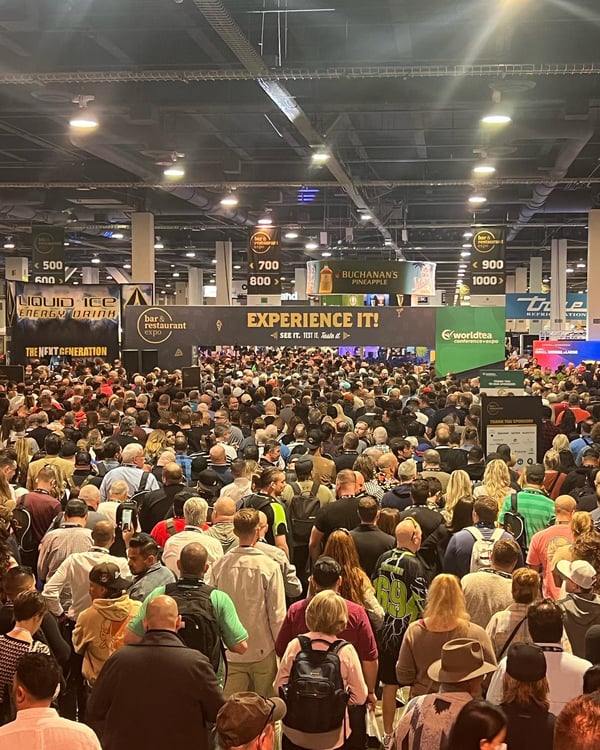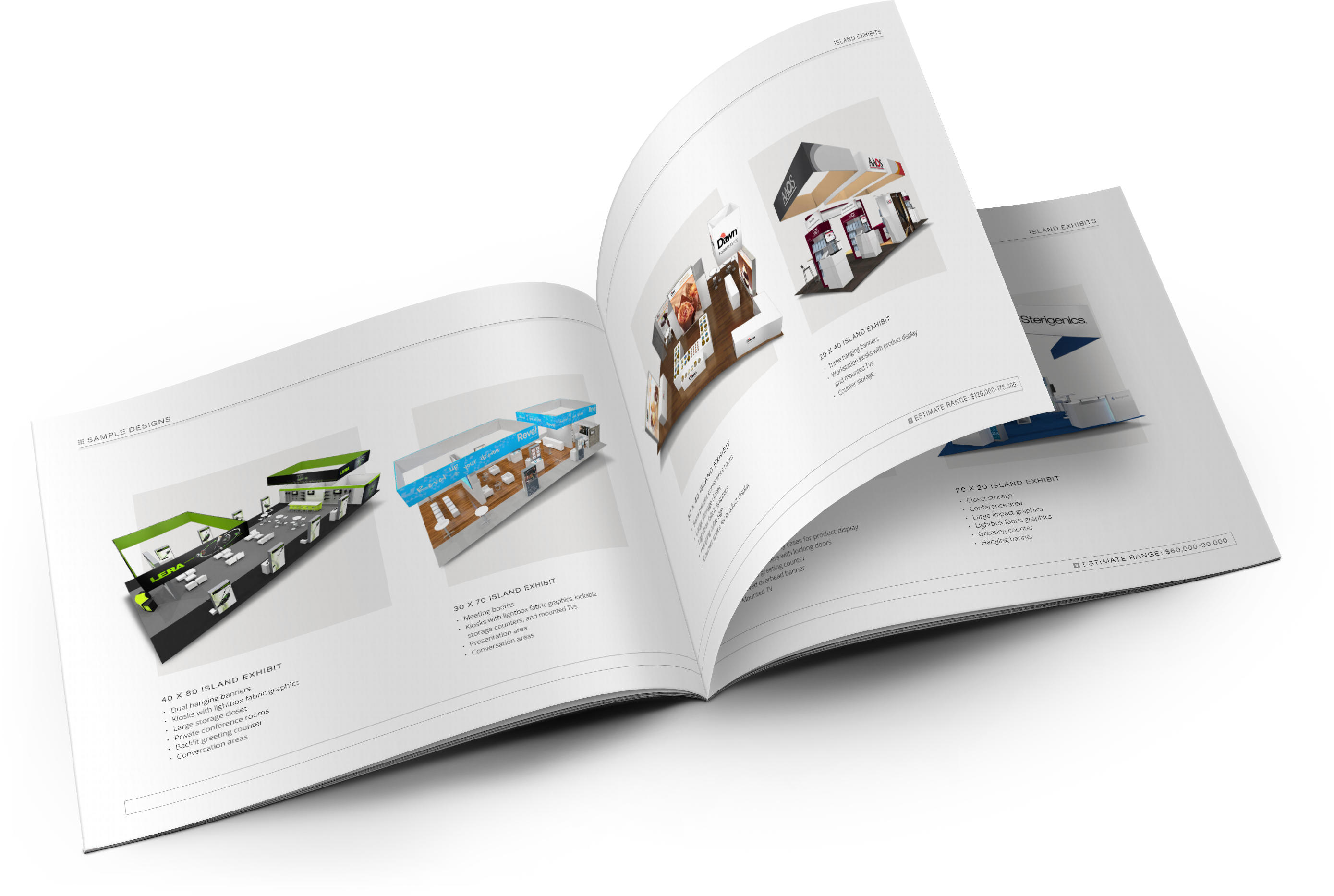Before Covid-19, event planning companies often were given six to 12 months' notice before a client’s event date — sometimes three months for small-scale events. That timeline has been tossed by the wayside in the post-pandemic world. We’ve recently had clients requesting large-scale events in a matter of weeks. While that's not ideal, it can be done. Here are seven tips for planning an event in three weeks or less.
1. Establish all critical organizational documents
Some of the most important documents our team uses for nearly every event are:
- Budget
- Event plan

- Critical path or checklist
- Staffing plan
- Communicating plan
- Graphic-design overview
- Setup plan
- Teardown plan
- Minute-by-minute run of show
- Production schedule
2. Create your team and establish their roles and responsibilities
Lay out all the things that need to get done in a detailed checklist and indicate who is tasked with seeing them through. This way, if something is not done, you know who is responsible.
3. Create a list of your main vendors
Note who will require a contract, a payment made, important dates (including when final payments are due), and more details, such as floor plans, final numbers, etc. Vendors you might want to book as soon as possible include:
- The venue
- Caterer and bartenders
- The audiovisual team (if the venue does not provide this service)
- Photographer/videographer
- Graphic designer for all signage or digital needs
- Entertainment of any kind
- Florists, rental companies or custom décor creators
4. Draft an event plan and schedule all pre-event meetings
Outline the program, just the high-level details, along with the timing, food options and any important information guests need to know (parking, coat check, dress code). Have these details available so all interested parties are in the know.
5. Start early on graphic design and communications plans
Often overlooked, these can be the most time-consuming tasks and also require the most lead time.
6. Host your pre-event meeting(s) a couple days before the event
Having a call with the volunteers, speakers and event team prior to the meeting ensures they are set up for success, have all of the information they need and can ask any questions.
7. Don’t overcomplicate the event
For gatherings that don’t have a lot of planning lead time, keep it simple. Focus on creating a seamless experience for your attendees and others involved in the event so it doesn't feel thrown together without much forethought. And never forget: Communication is key.
Guest Blogger: Eryne Sarabin, DES, is the founder and CEO of Tycoon Events, a full-service event planning company. She has been a leader in the event planning community since 2003, both locally and internationally.






